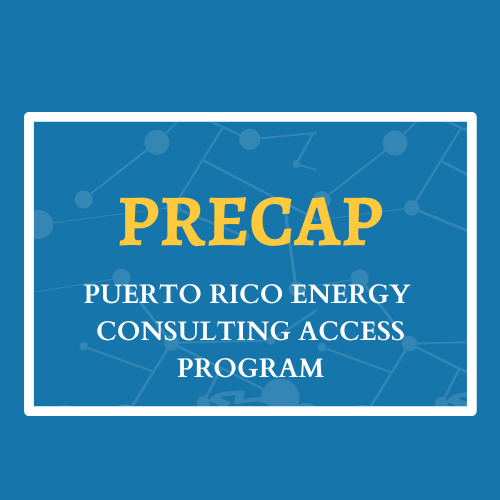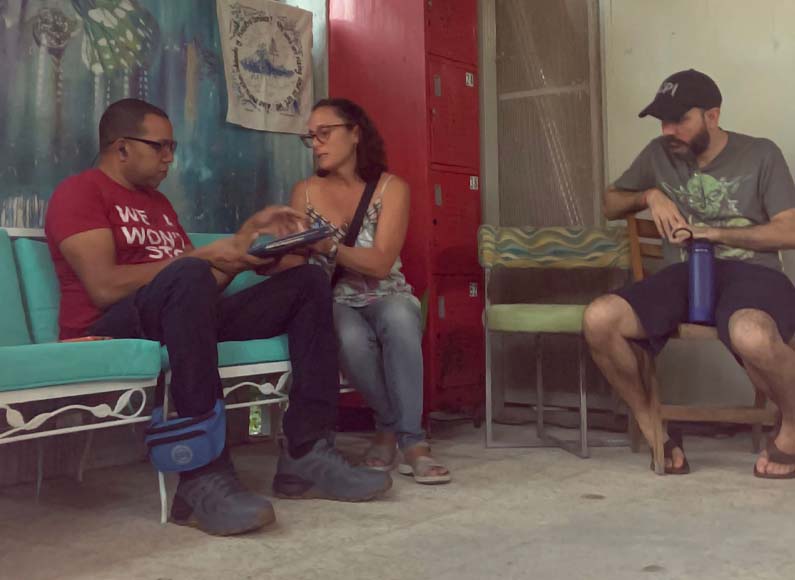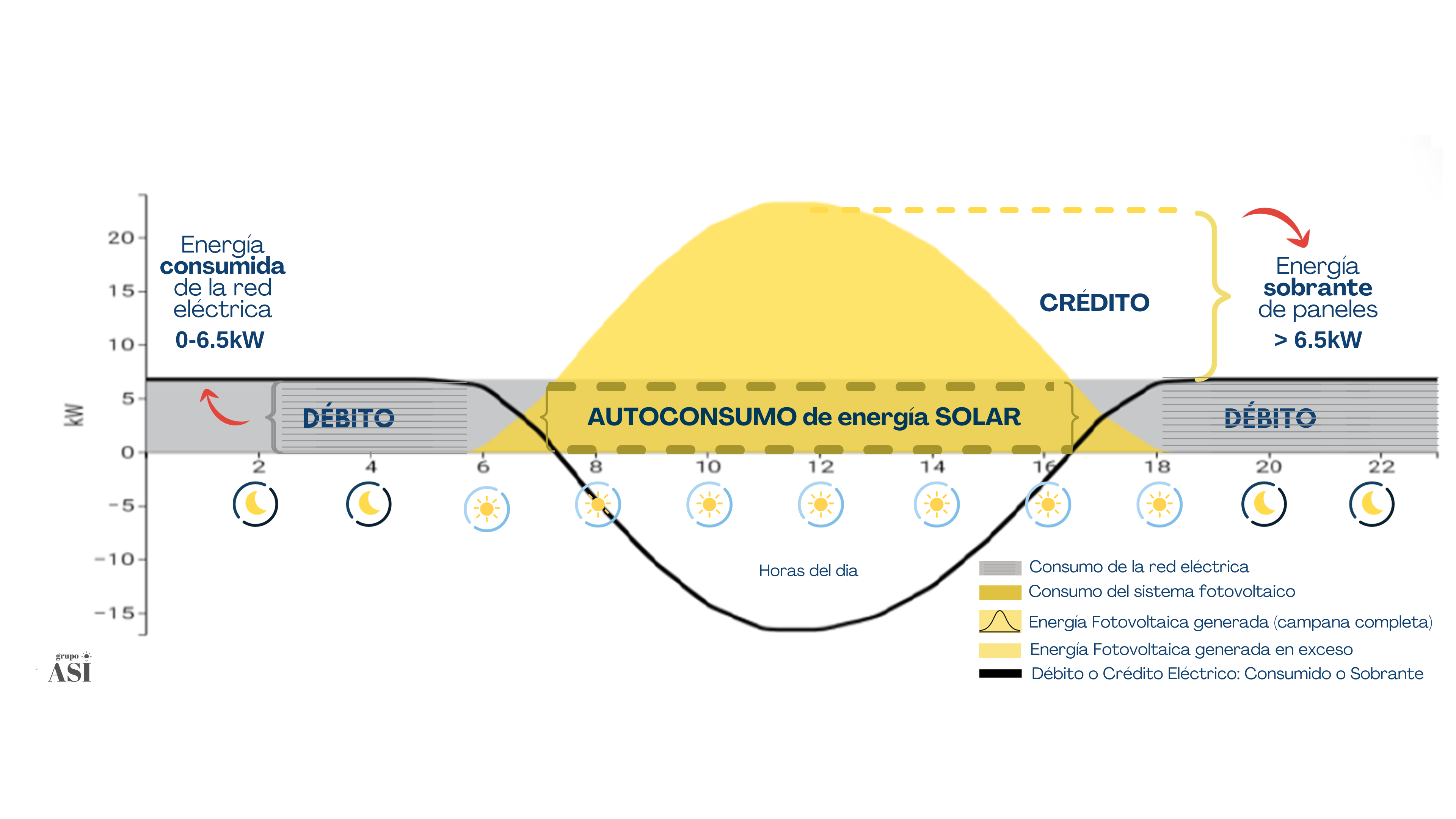Climate change poses a growing threat to coastal communities in the United States and Puerto Rico. In order to address this issue and strengthen the resilience of these communities, the National Oceanic and Atmospheric Administration (NOAA) has implemented the Regional Climate Resilience Challenge.
This innovative program aims to support projects addressing the specific challenges faced by coastal regions in terms of climate resilience. The program has an approximate budget of $575 million. The following are eligible for the Challenge:
- Coastal states, territories, municipalities, cities, tribes, and tribal organizations.
- Public or private nonprofit organizations.
- Institutions of higher education.
NOAA’s Regional Climate Resilience Challenge is divided into two main tracks: Track 1 and Track 2.
Track 1: Collaborative Regional Building and Strategy Development
This track seeks a regional and collaborative approach to building climate resilience. Funding for Track 1 can be used to initiate new regional collaborative efforts or strengthen existing partnerships. The goal is to empower coastal communities, especially those marginalized or underserved, to take action. It is expected to select 20 to 25 proposals, with funding ranging from $500,000 to $2 million each. In total, funding for all Track 1 awards can reach up to $25 million.
Eligible activities include:
- Building and expanding regional collaborations.
- Engaging marginalized and underrepresented communities.
- Assessing risks and vulnerabilities.
- Planning resilience strategies and adaptation actions.
- Strengthening community and workforce capacities for climate adaptation.
Track 2: Implementation of Resilience and Adaptation Actions
This track aims to reduce risk and vulnerability, requiring action. It provides funding for applicants to implement coordinated adaptation efforts that support a comprehensive vision of resilience and strengthen the capacity of communities in a region to sustain such efforts in the future. Priority is given to marginalized, underserved, and underrepresented communities. Up to 15 proposals are expected to be awarded, with funding ranging from $15 million to $75 million each. In total, the available funding for all Track 2 awards is up to $550 million.
Eligible activities include:
- Acquiring vulnerable lands.
- Building natural infrastructure.
- Conducting green (natural) and gray (structural) hybrid construction activities.
- Strengthening or protecting public access to coastal natural resources.
- Developing the region’s capacity for ongoing actions that increase resilience.
- Planning and preparing for community-led relocation.
- Updating state and local codes and policies.
Application Process:
The first step is to submit a Letter of Intent on or before August 21, 2023. The format for this can be found in the resources provided by NOAA. After an evaluation process, NOAA sends invitations to participate in the challenge to selected initiatives to submit proposals on or before February 13, 2024.
NOAA’s Regional Climate Resilience Challenge represents a valuable opportunity to strengthen coastal communities and address the challenges of climate change. Through collaboration and investment in innovative projects, a safer and more sustainable future can be built for the coastal communities of the United States and Puerto Rico. NOAA demonstrates its commitment to the protection and preservation of marine and coastal resources and its support for communities that depend on them for their well-being and prosperity.





